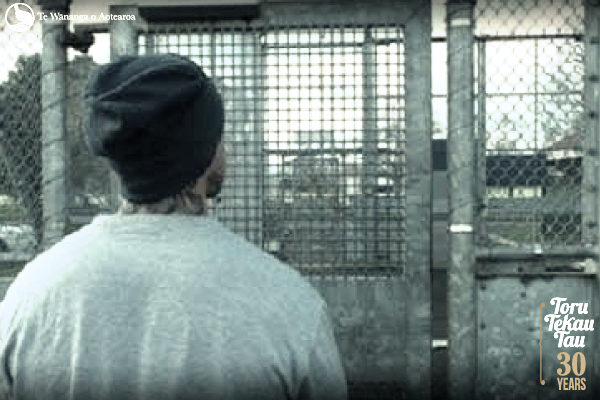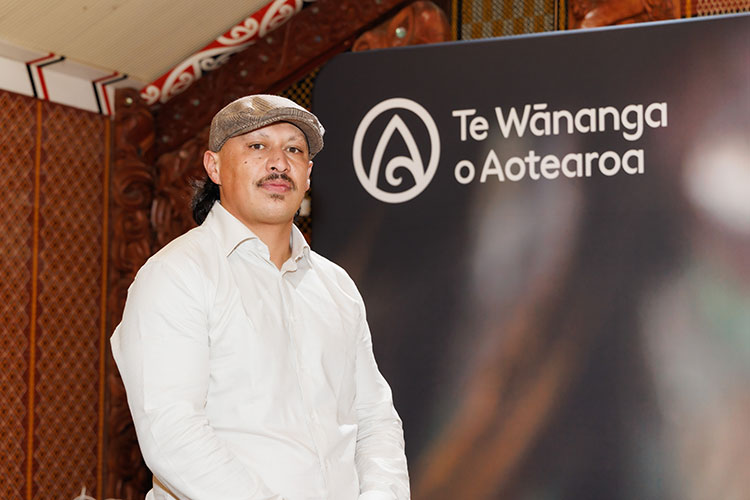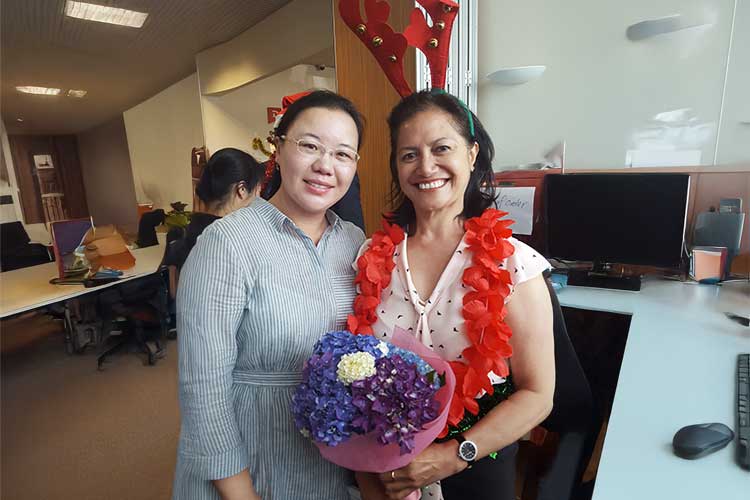A new Te Wānanga o Aotearoa programme will not only improve literacy and numeracy among mainstream prison inmates but could also lead to a significant reduction in reoffending.
Te Wānanga o Aotearoa is delivering a literacy and numeracy programme for inmates across all of New Zealand’s 16 public prisons.
The Intensive Literacy and Numeracy Service (INLS) is the second agreement Te Wānanga o Aotearoa has secured with the Department of Corrections this year after the two organisations signed Te Waharoa in April.
While Te Waharoa is focused on slashing Māori reoffending rates via a specialised tikanga Māori programme for inmates in Corrections’ Māori focus units, INLS provides literacy and numeracy services for 3,600 learners in the mainstream prison population.
The programme involves 40 improvement workshops and will see inmates undertake an average of 100 hours learning time over a five to 20-week period.
Project Sponsor Tony Dowling said Te Wānanga o Aotearoa has been committed to assisting those whose needs have not been met by the mainstream education system.
He said the new partnership was an opportunity to provide long-lasting benefits to many including individual inmates, their whānau, communities and ultimately, our society.
It reflects the commitment of Te Wānanga o Aotearoa to whānau transformation through education.
“Many prisoners lack the necessary literacy and numeracy skills, qualifications and work experience to gain and sustain employment post-release,” he said.
“Te Wānanga o Aotearoa in partnership with the Department of Corrections is committed to providing an increased level of literacy and numeracy education and employment training for offenders including Māori.”
“As a result it is expected more inmates will have the skills and experience to gain and maintain sustainable employment and progress into higher-level qualifications.”
Te Wānanga o Aotearoa will also work with prison managers, education facilitators and other Corrections staff to help build each prison’s capability to better support the literacy and numeracy needs of prisoners.
This will be achieved through advising sites on best practice and raising the awareness of literacy and numeracy in prisons.
Fairfax media reported earlier this year that about 70 per cent of prisoners are not functionally literate.
This means they cannot complete job application forms, read legal documents or the road code.
Research shows that participation in education and employment can significantly reduce the risk of re-offending following release from prison.
Educational achievement is also important in enabling offenders to fully participate and benefit from other rehabilitative programmes.
-
 Kāinga
Home
Kāinga
Home
-
 Kāinga
Home
Kāinga
Home
-
Ngā ĀkorangaOur Programmes
Ngā Ākoranga - Our Programmes
-
Ngā RoheOur Locations
Ngā Rohe - Our Locations : Main Service Centres
-
Ngā TauiraStudents
Ngā Tauira - Students
- HonongaStay Connected
- Te WhareAbout Us



































